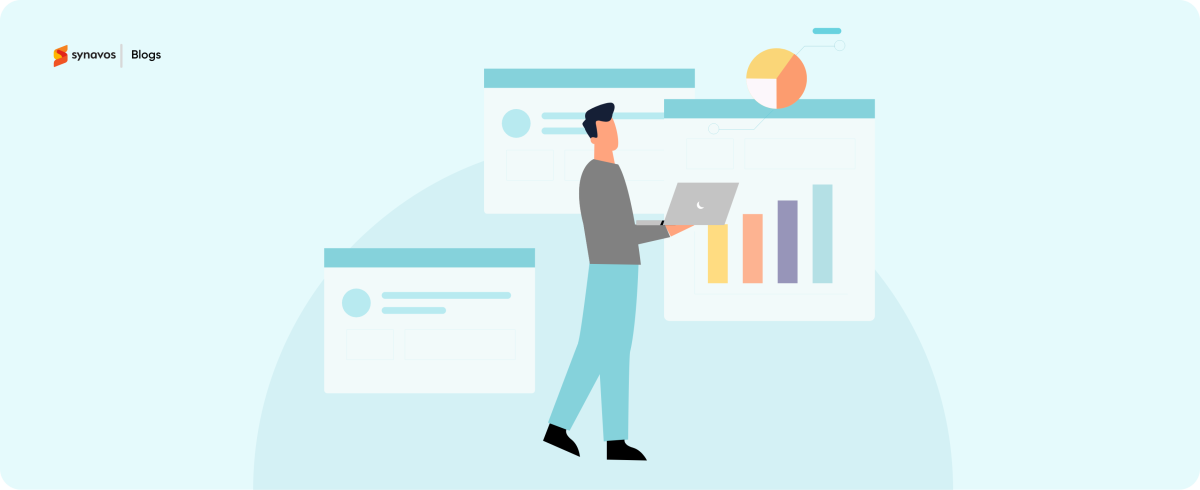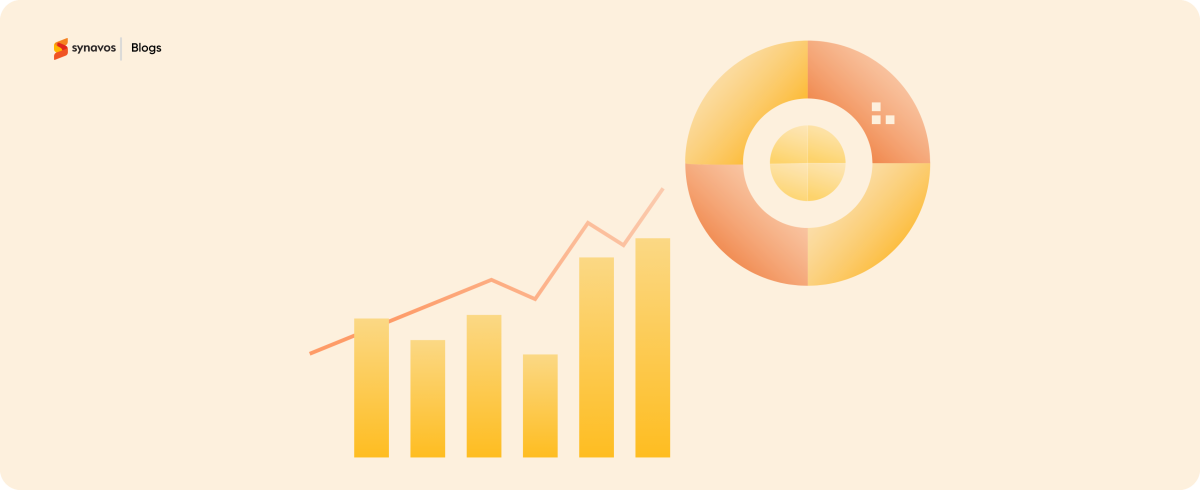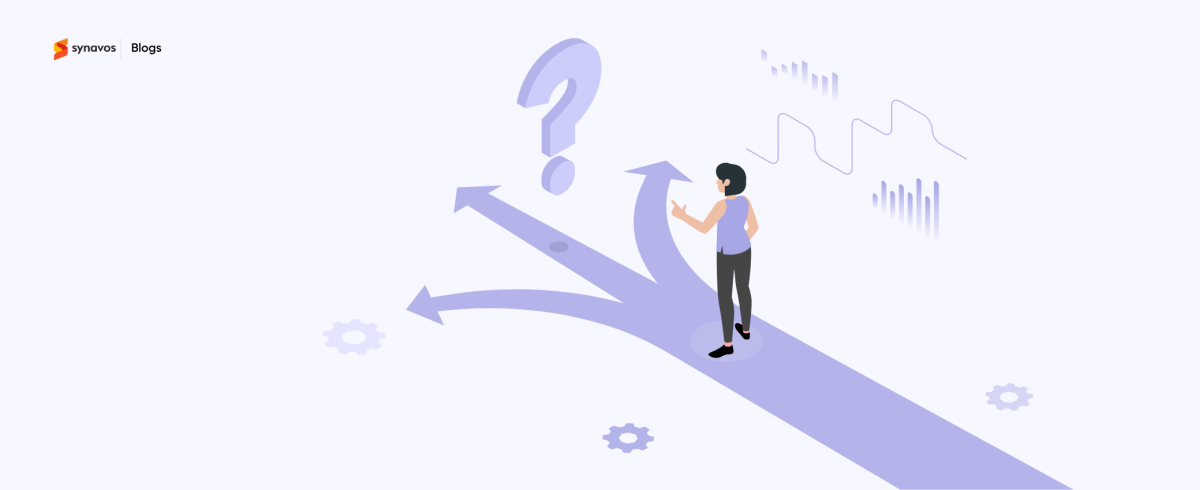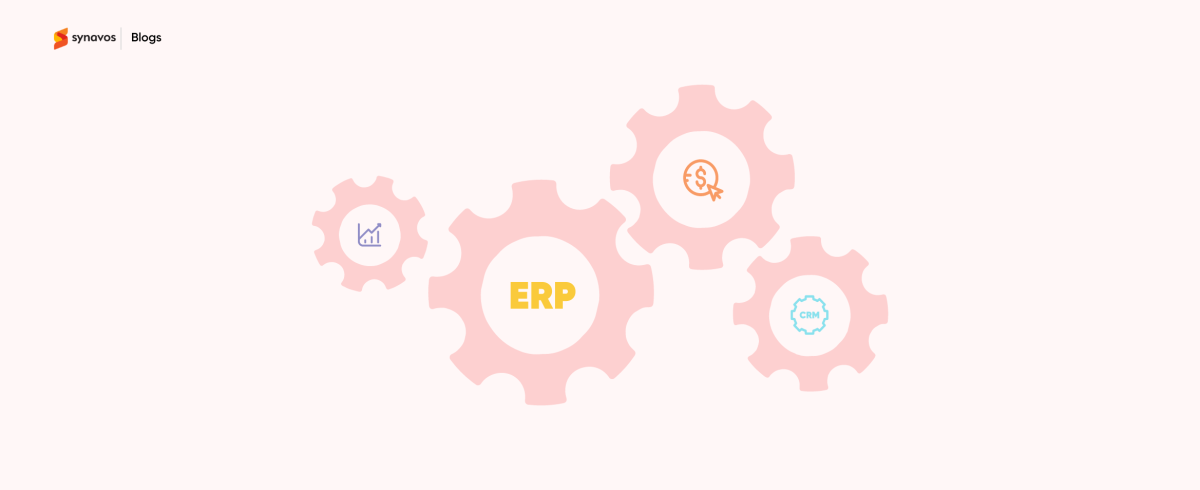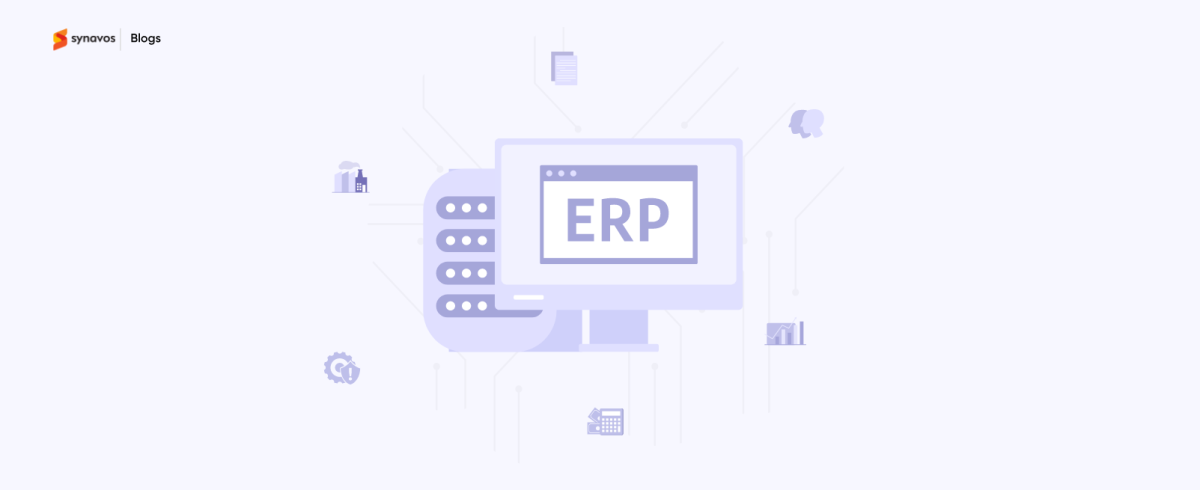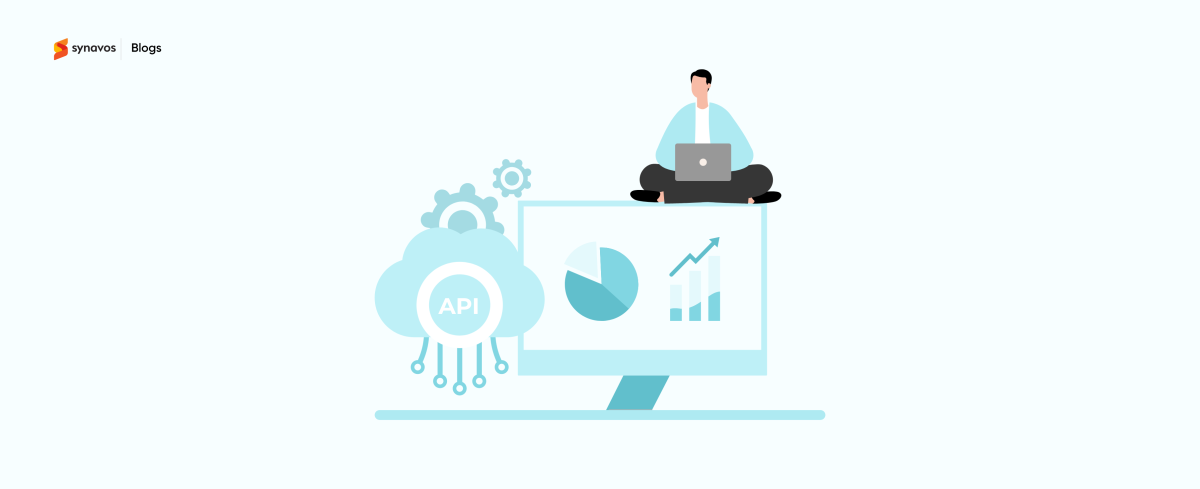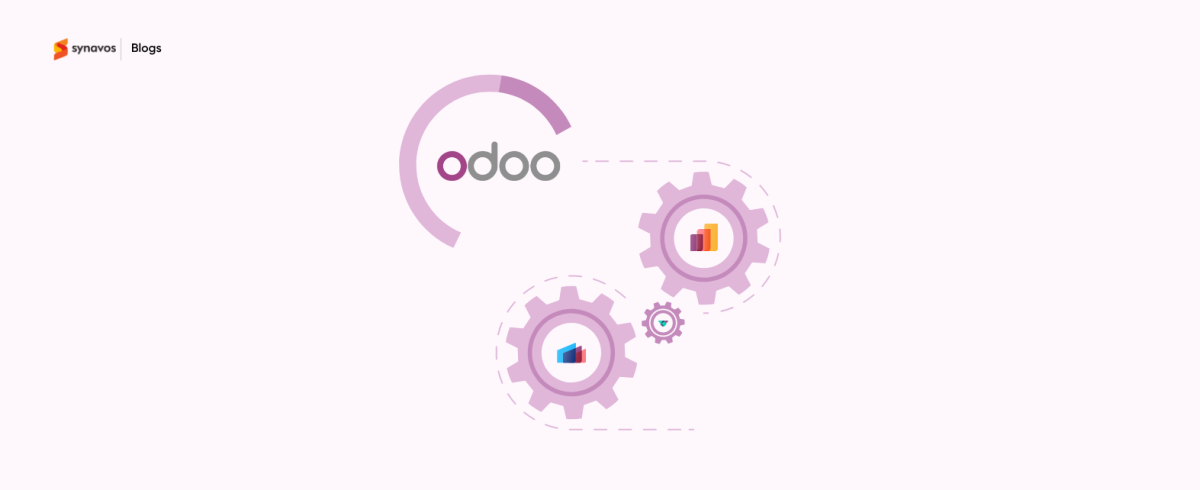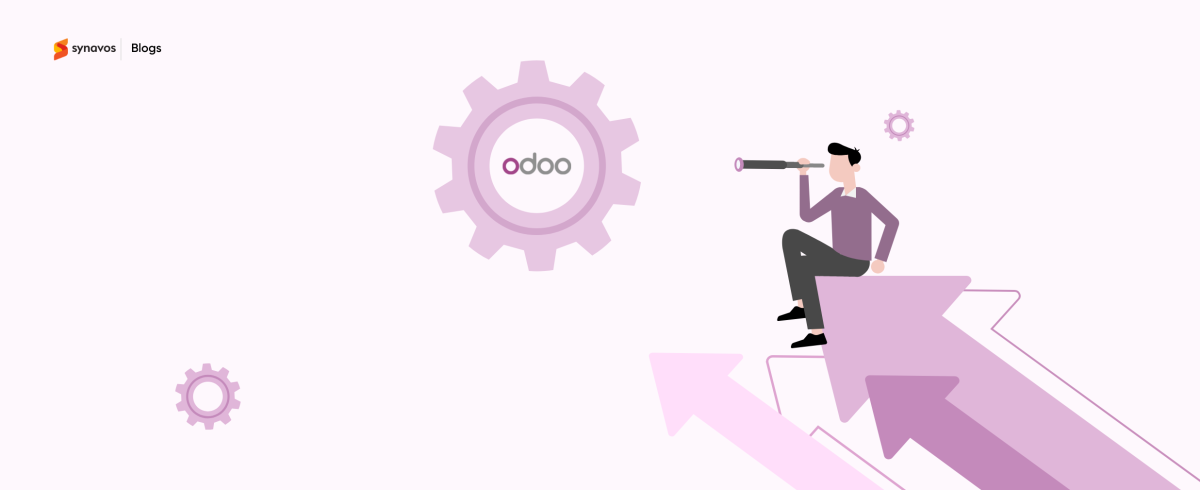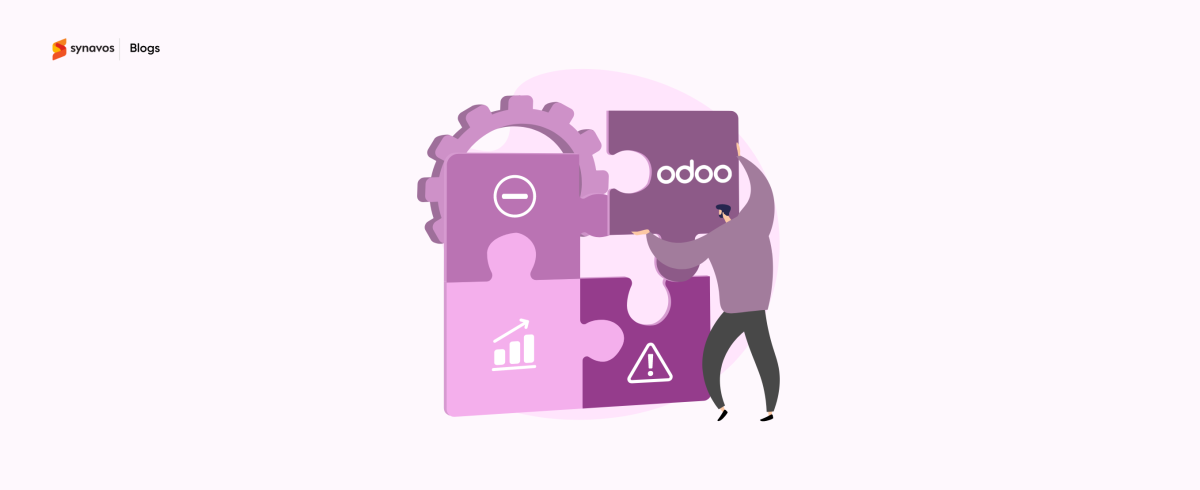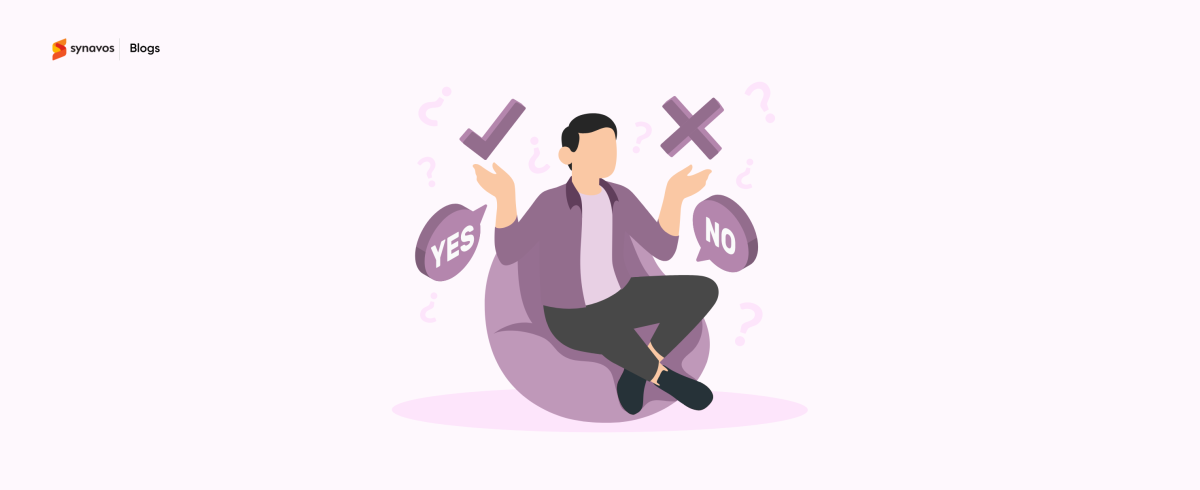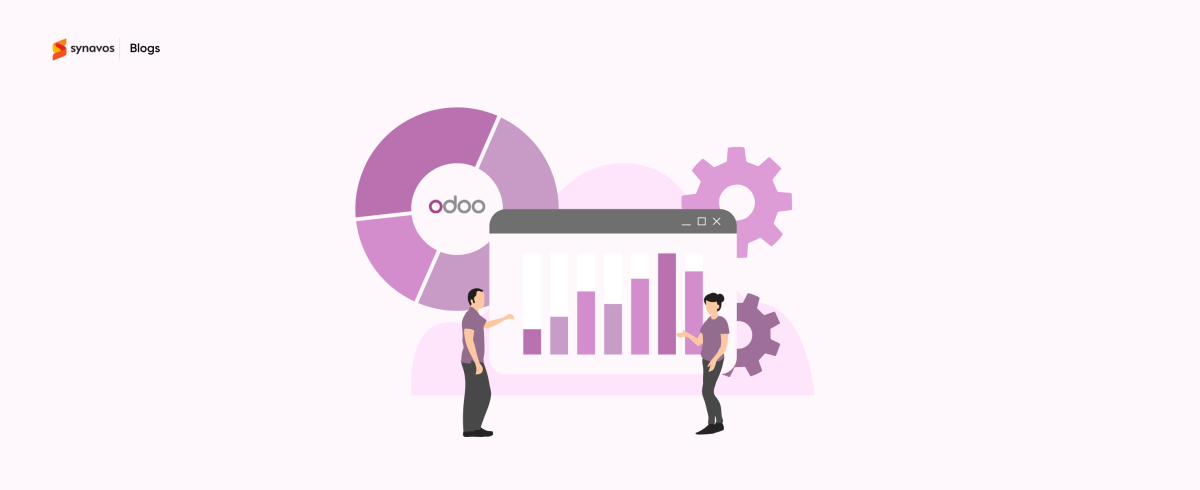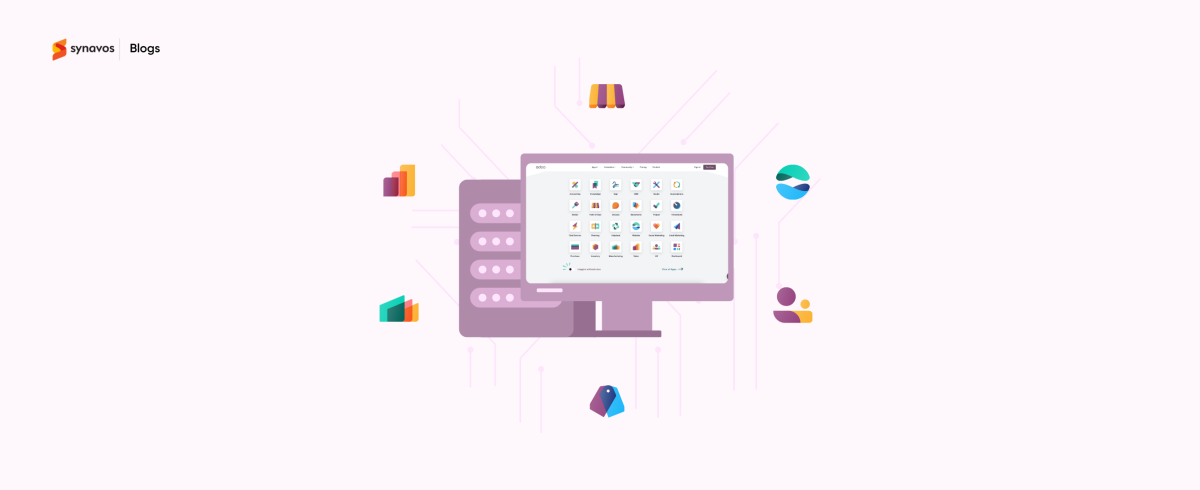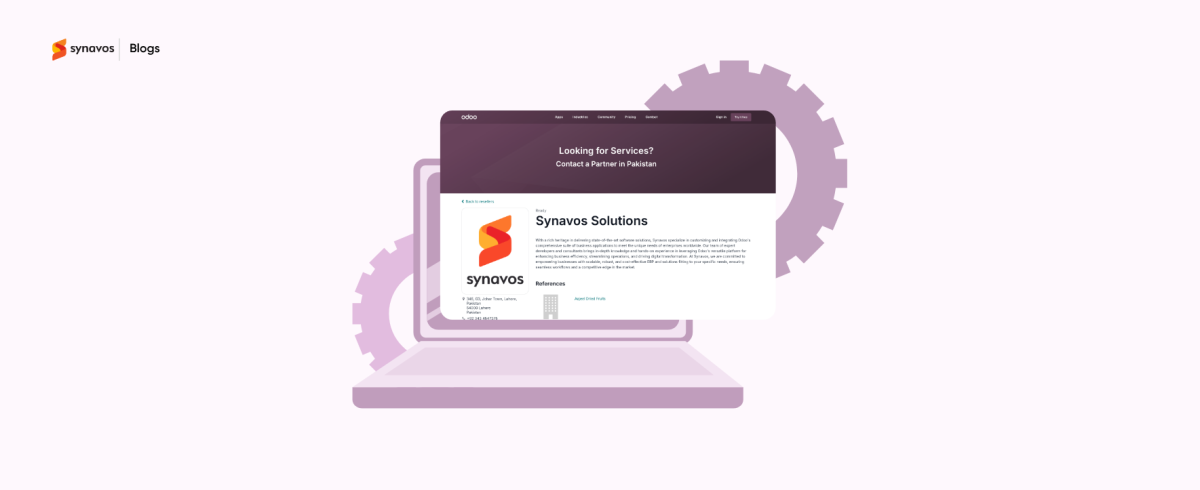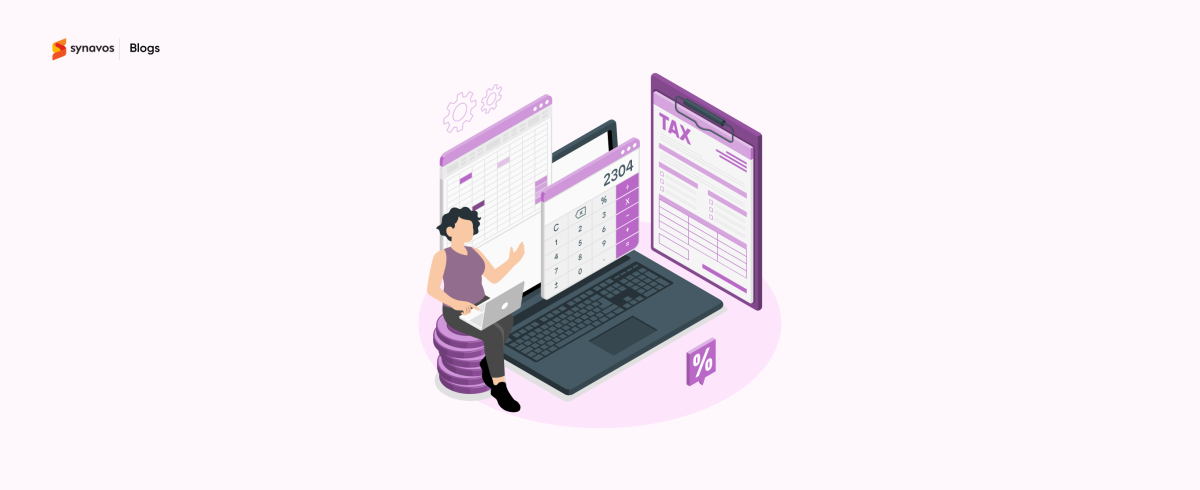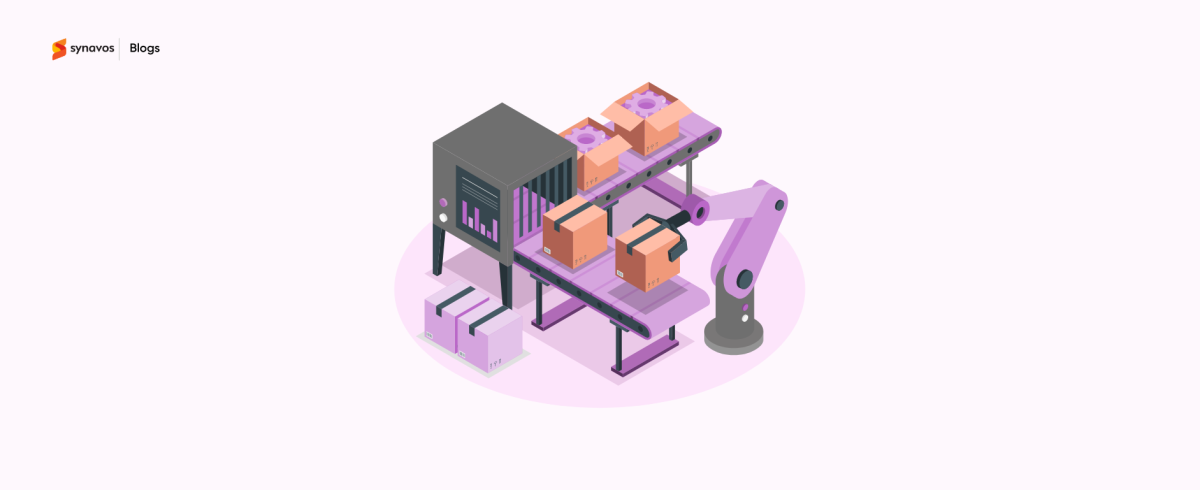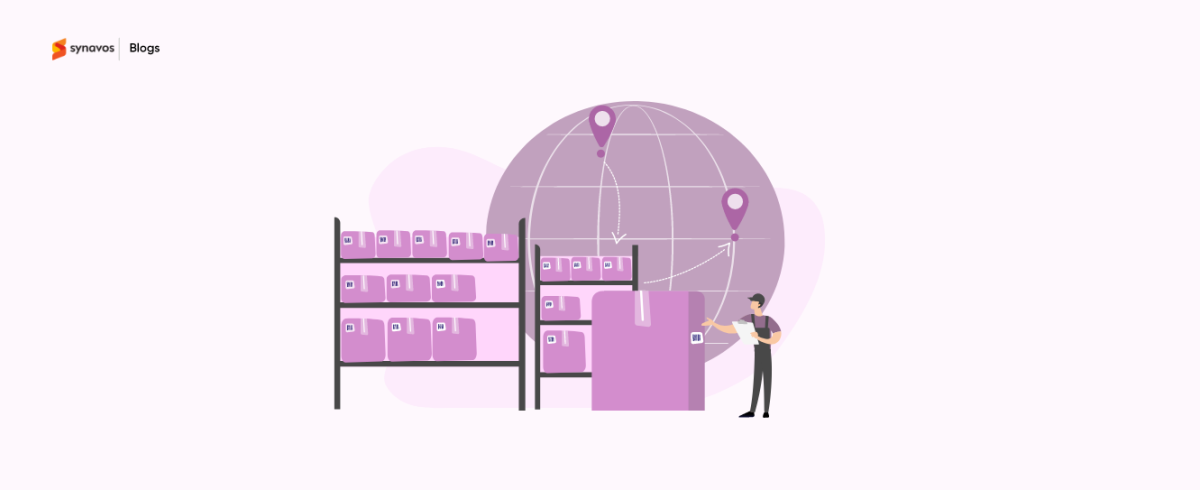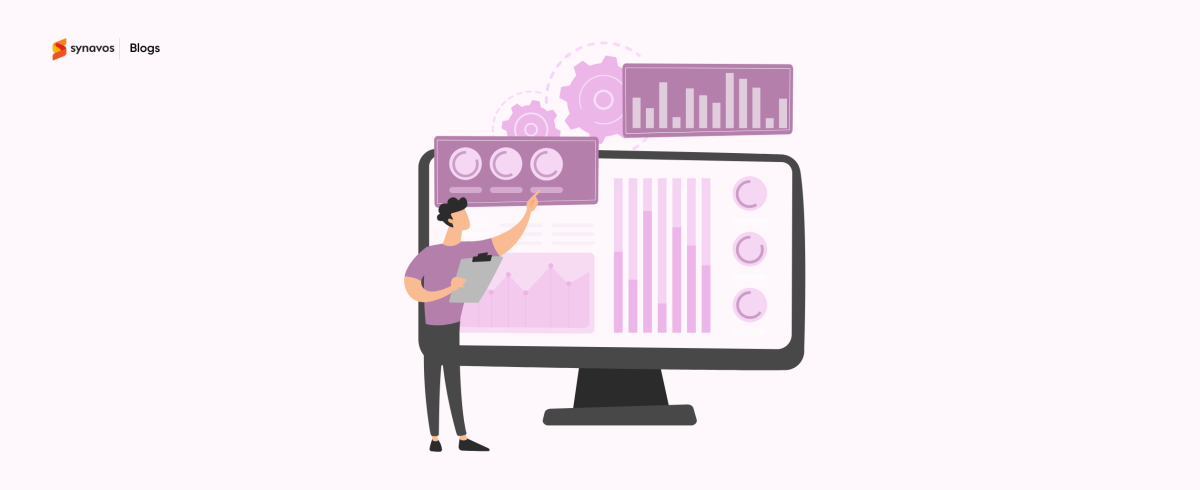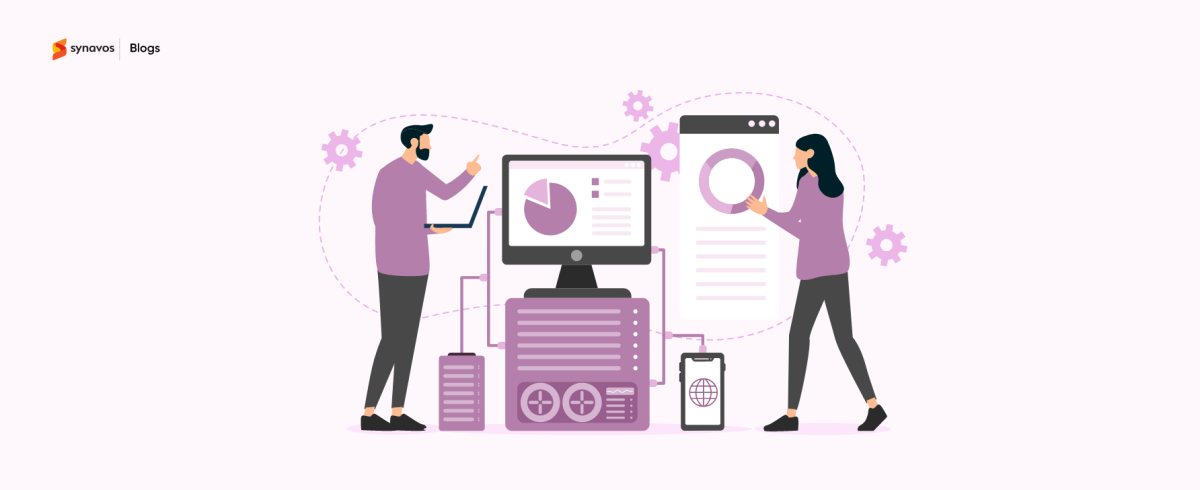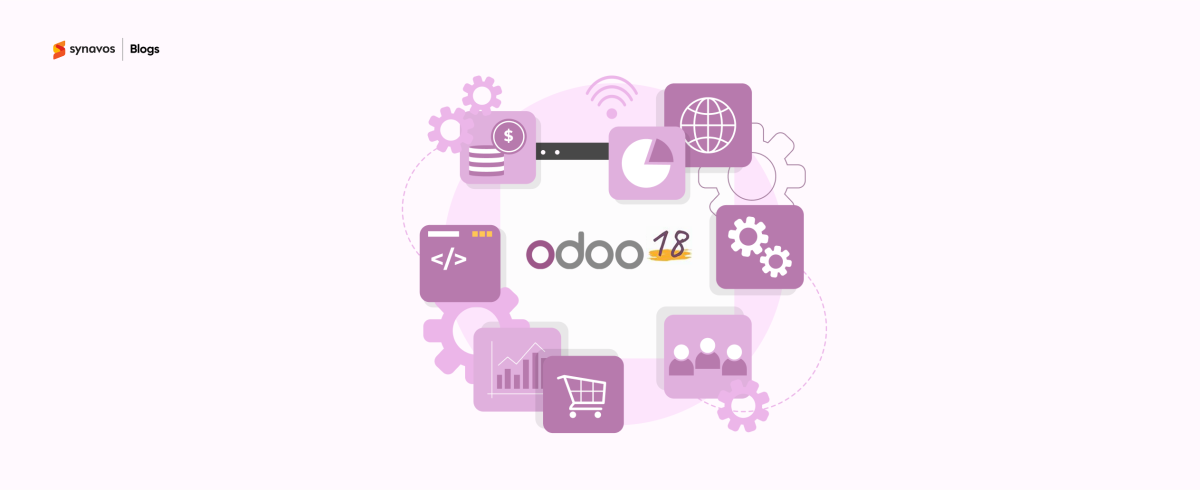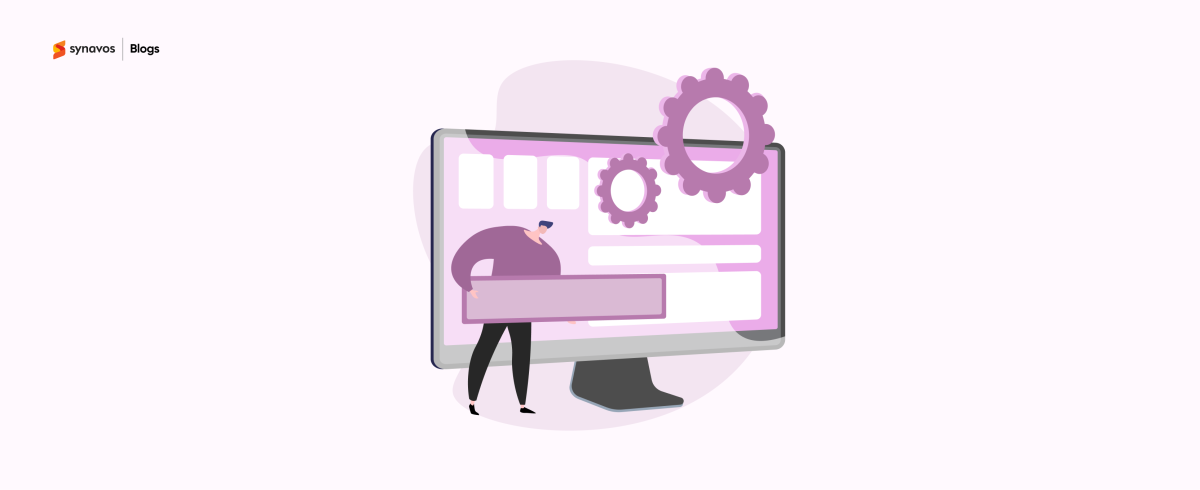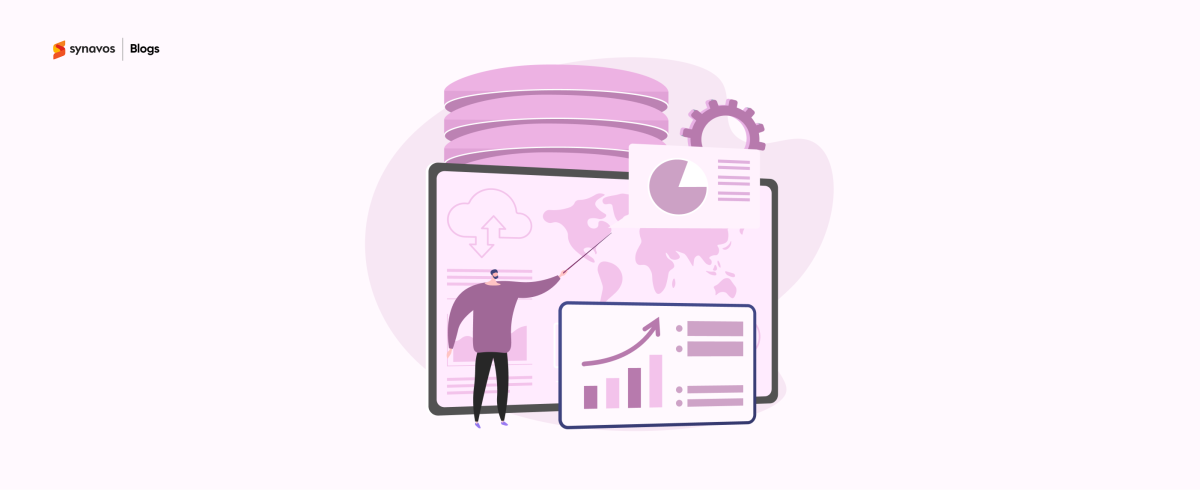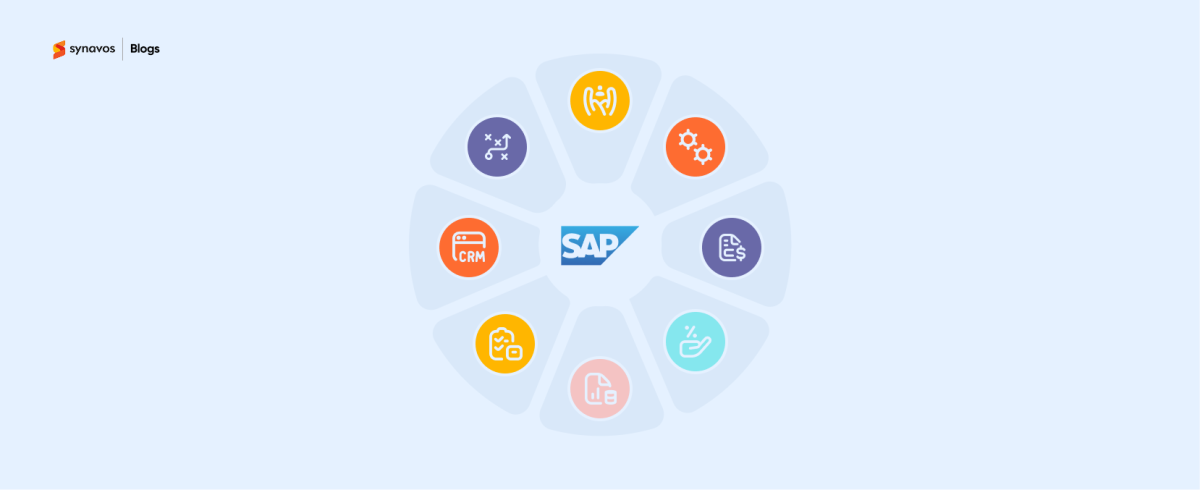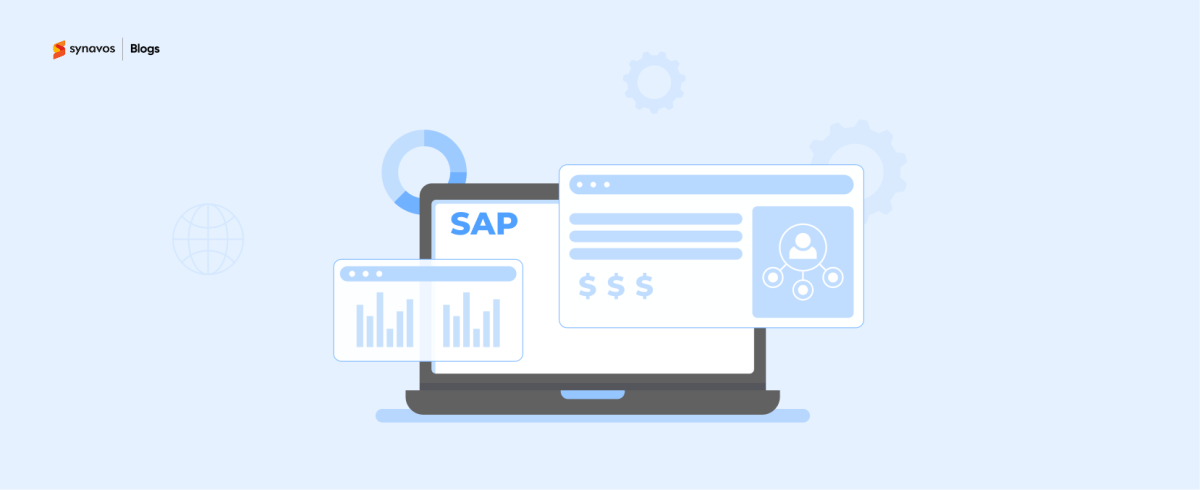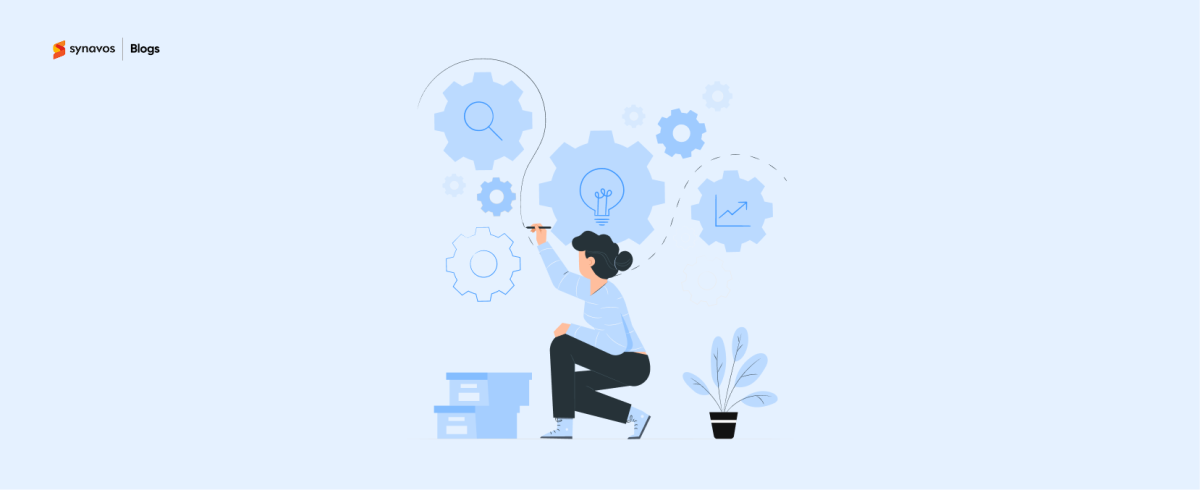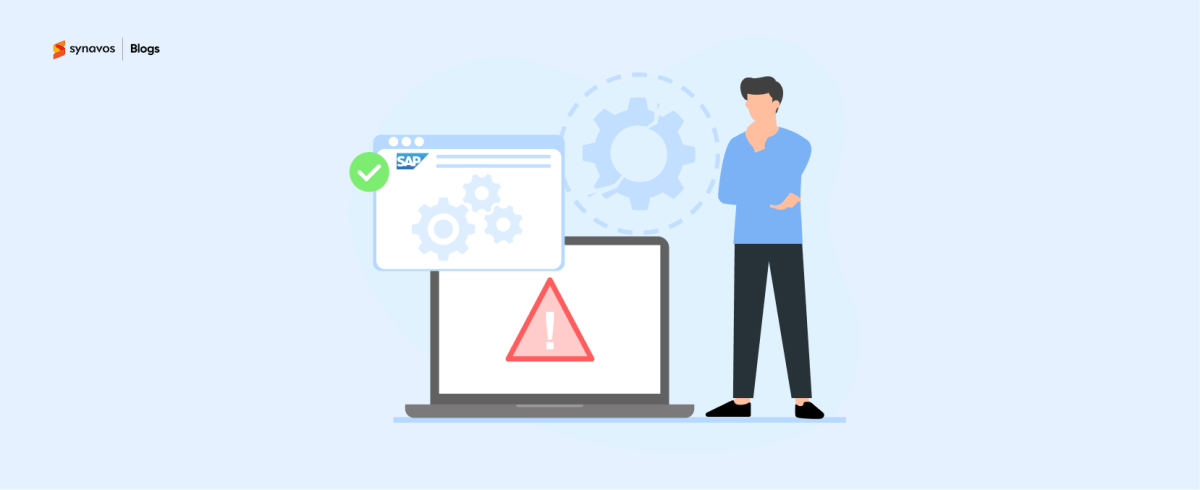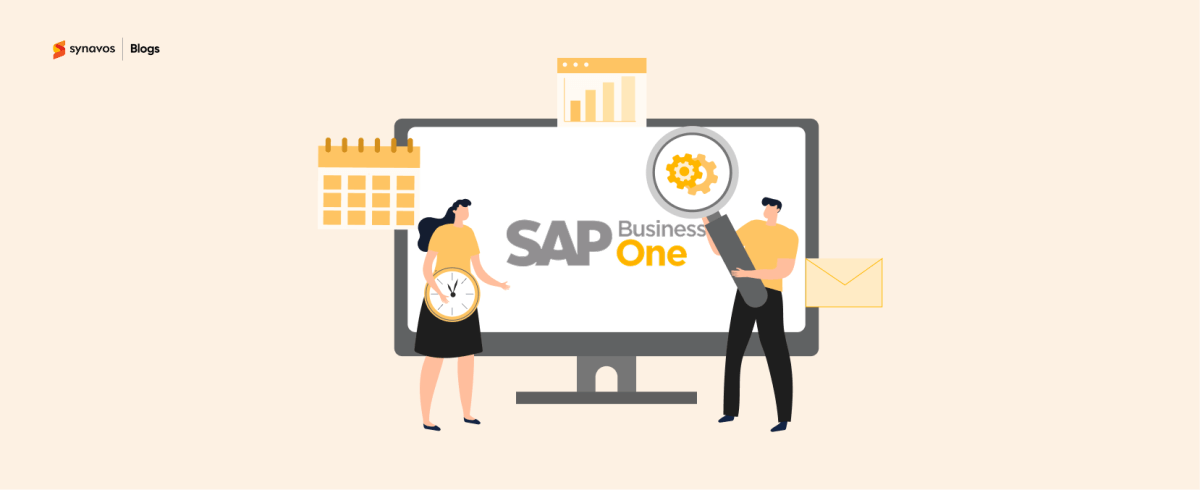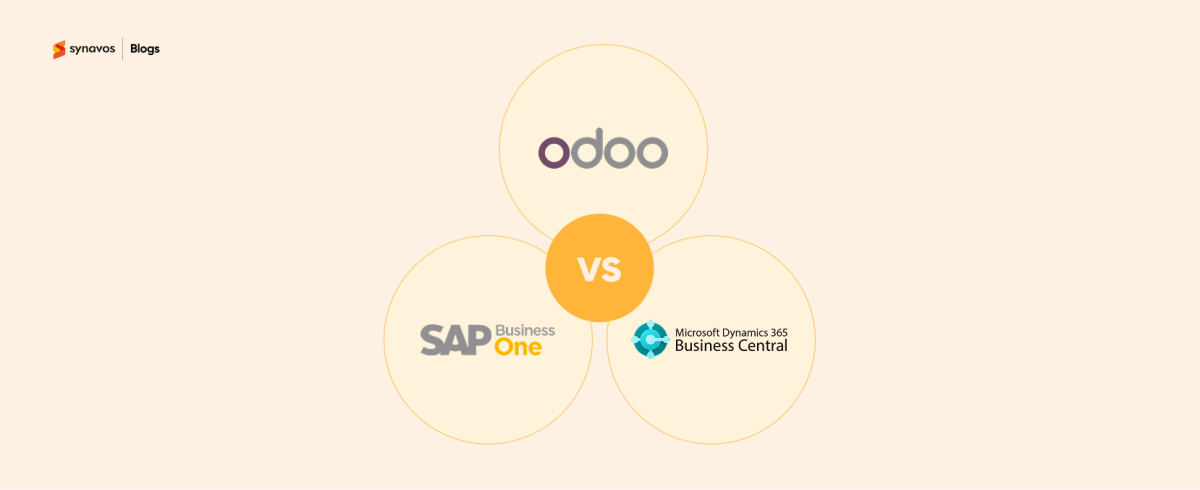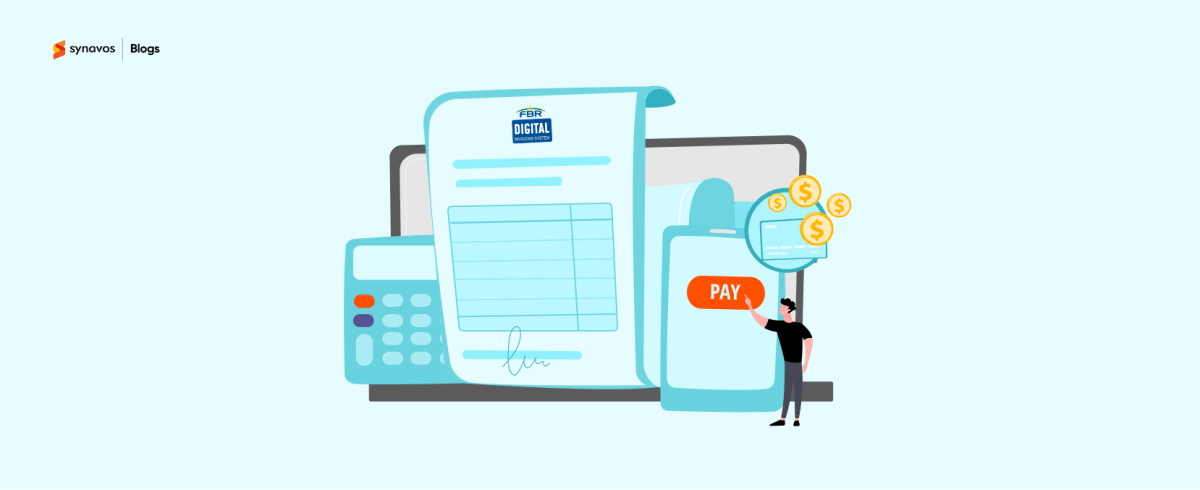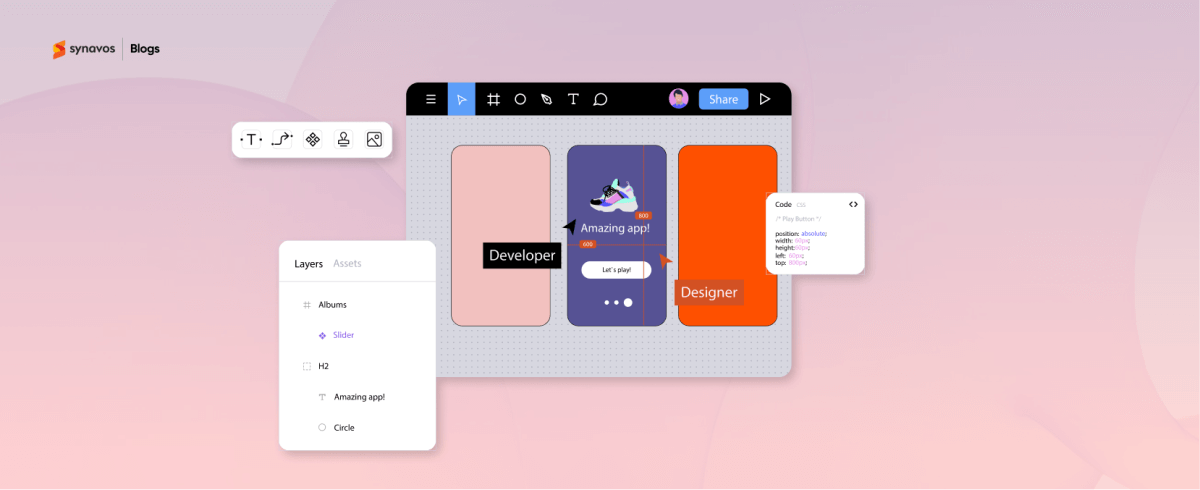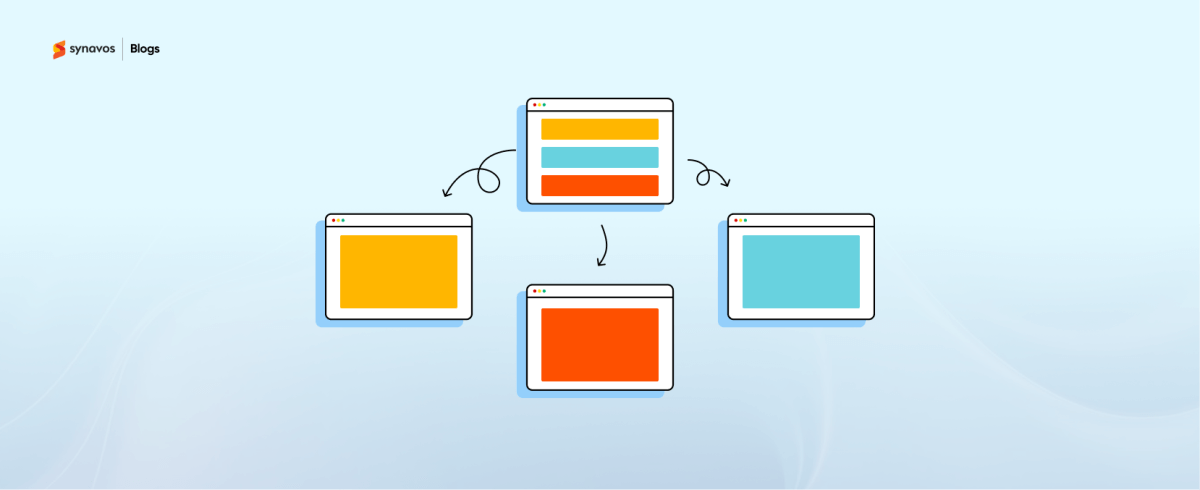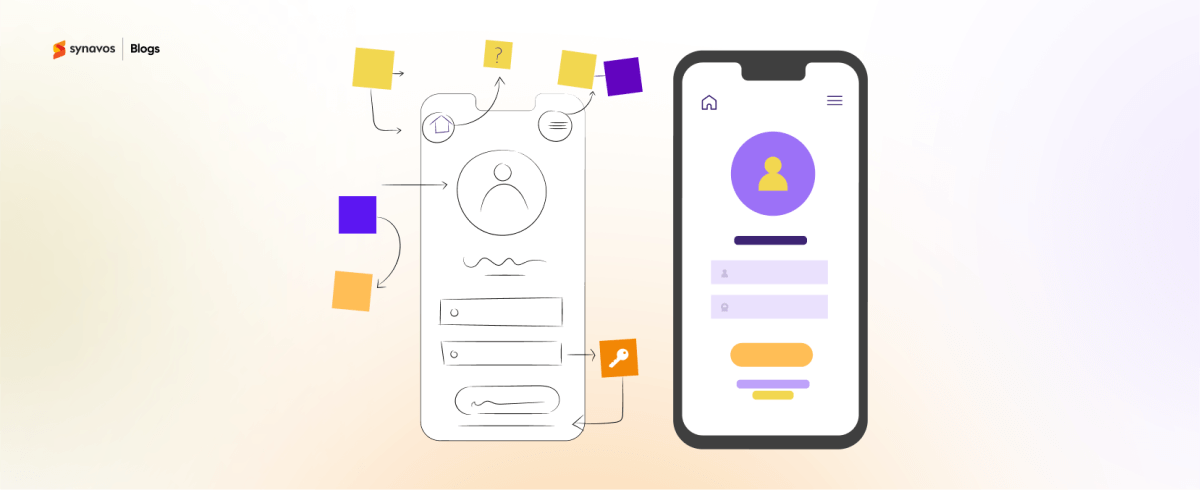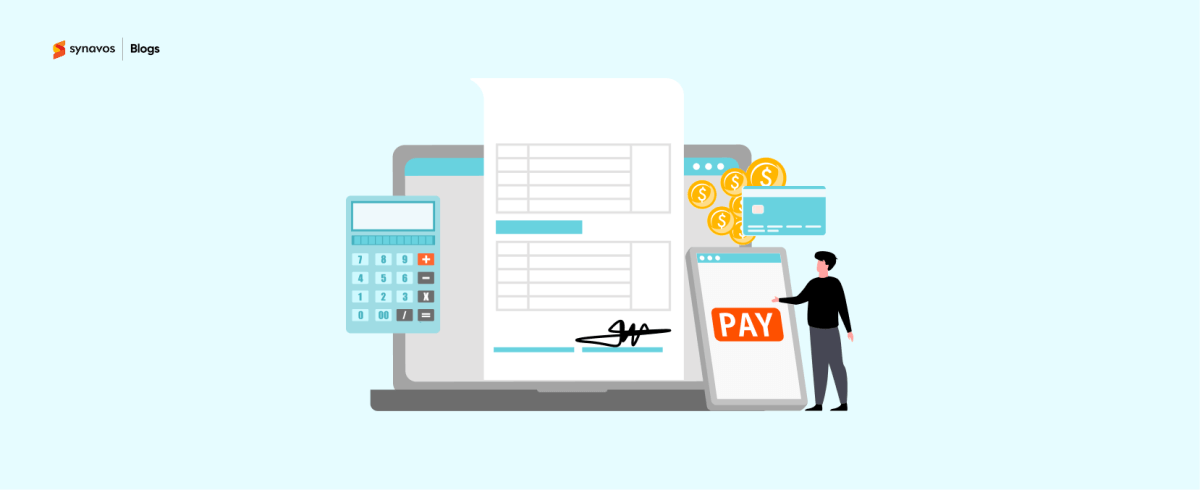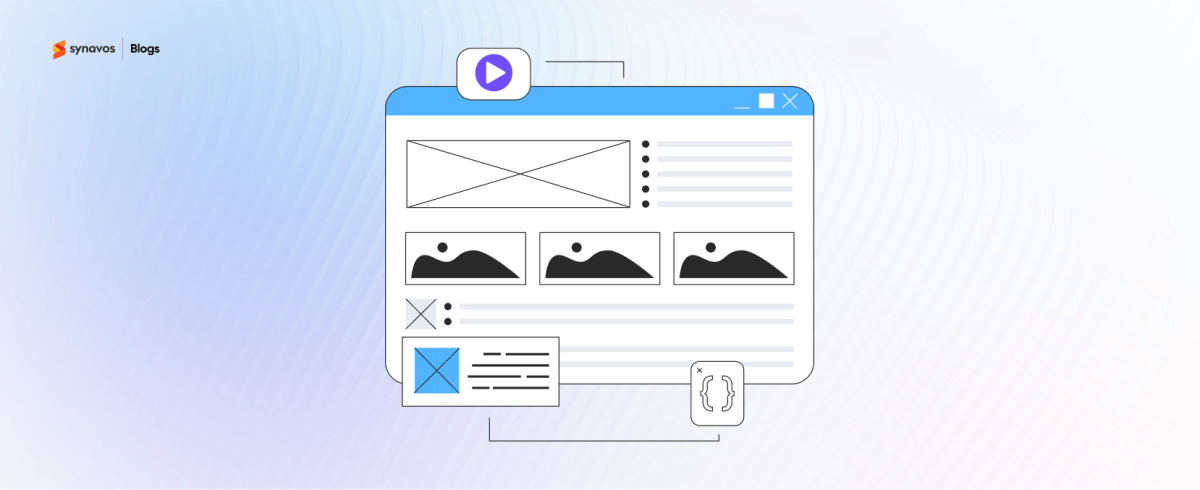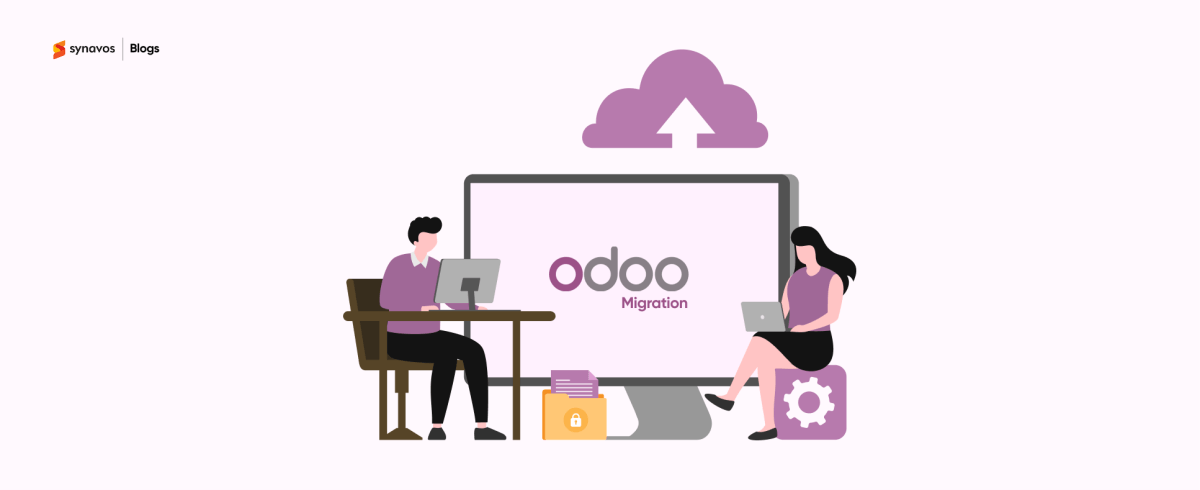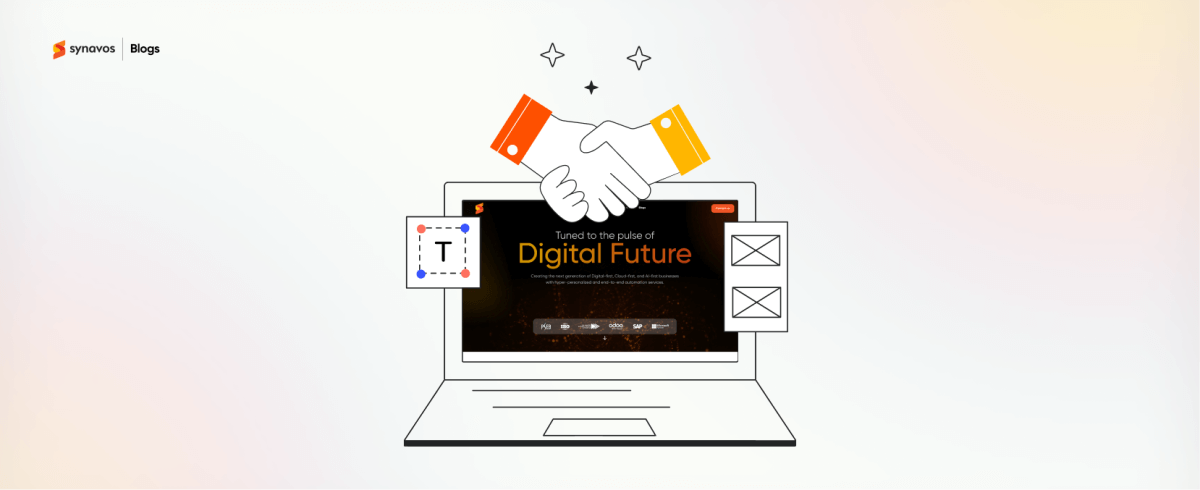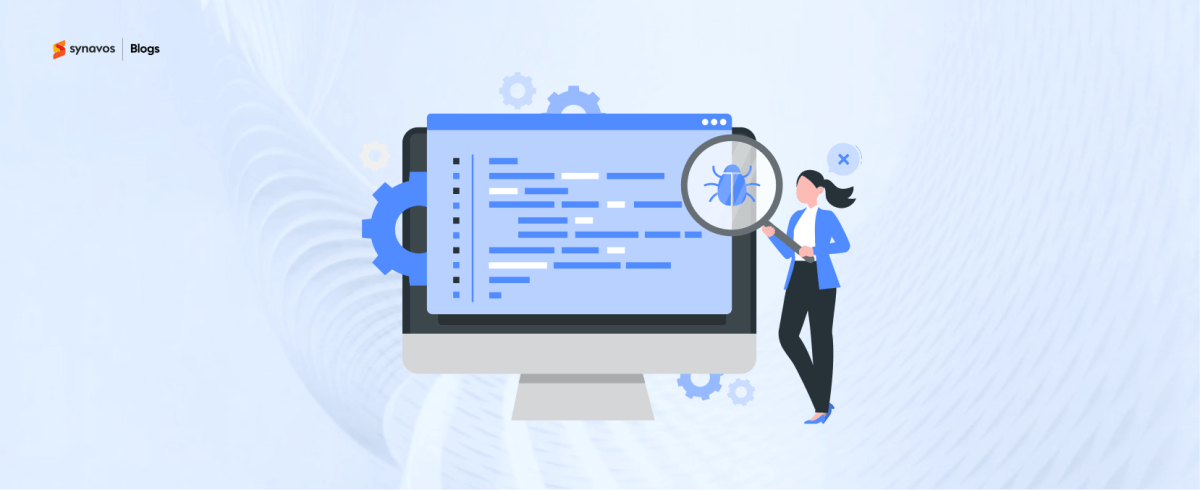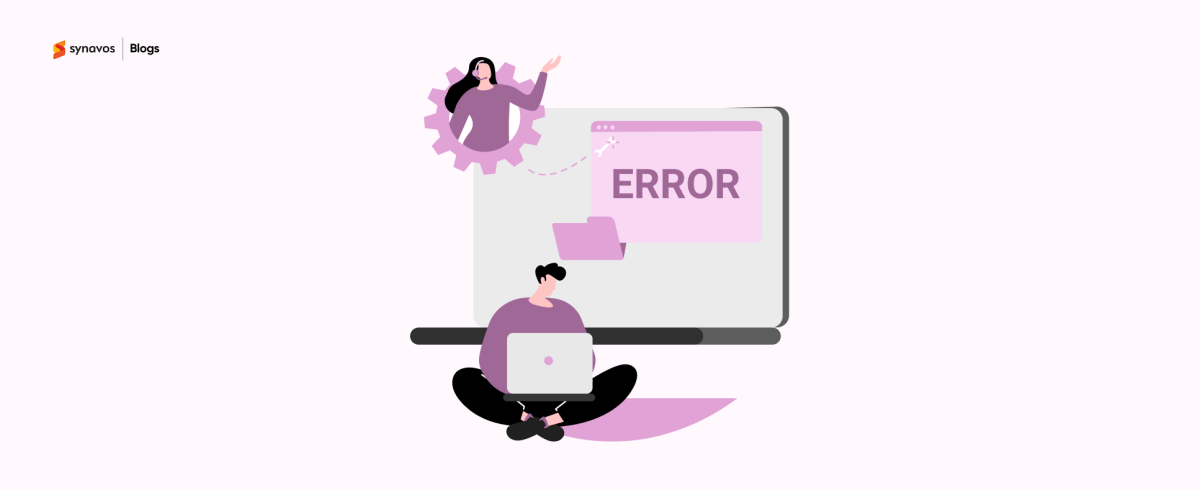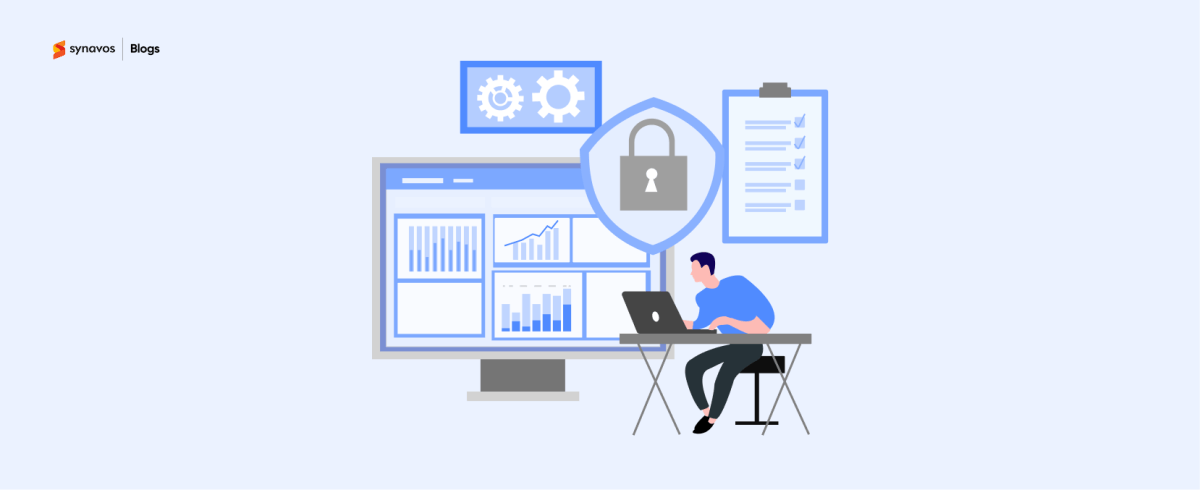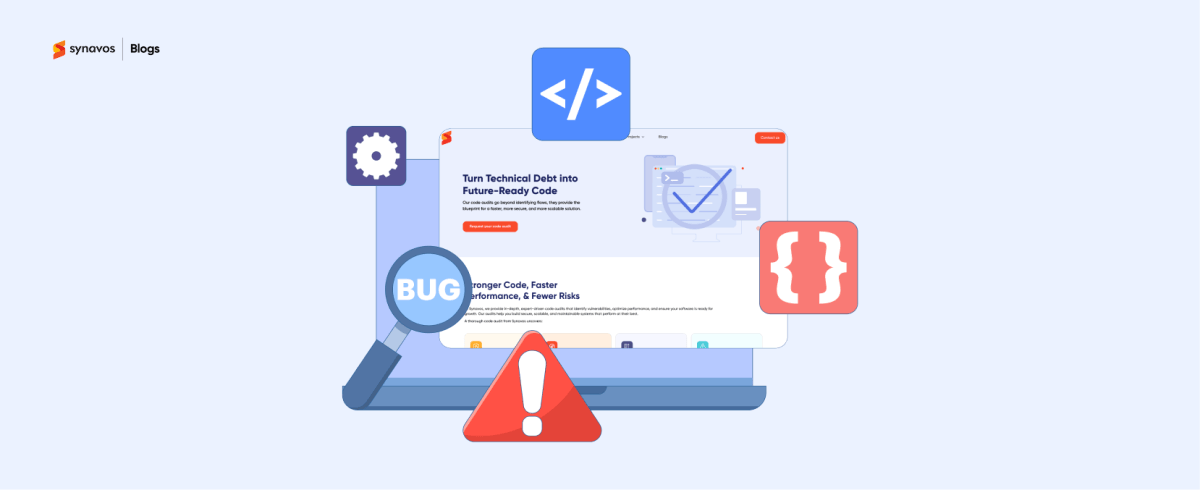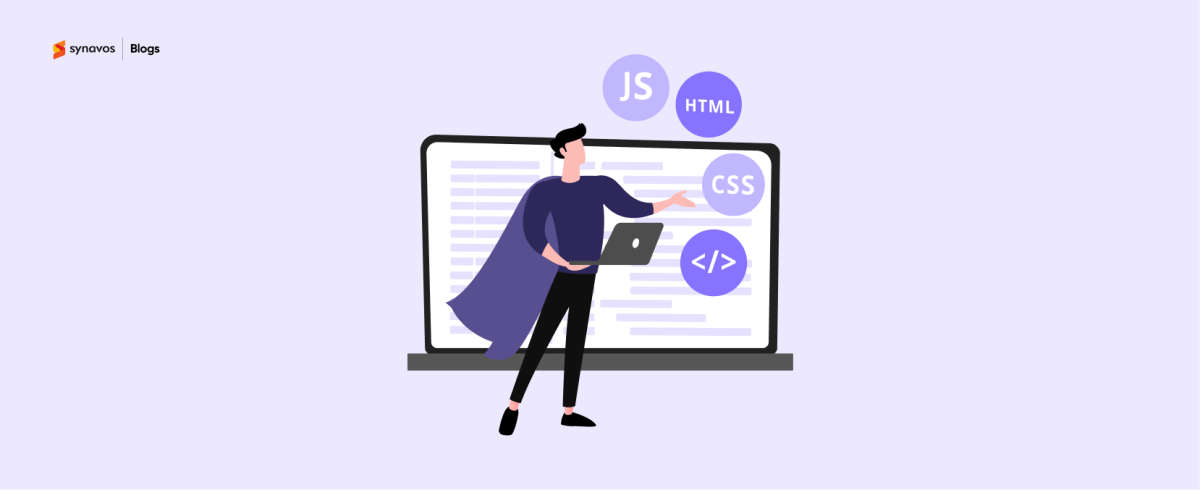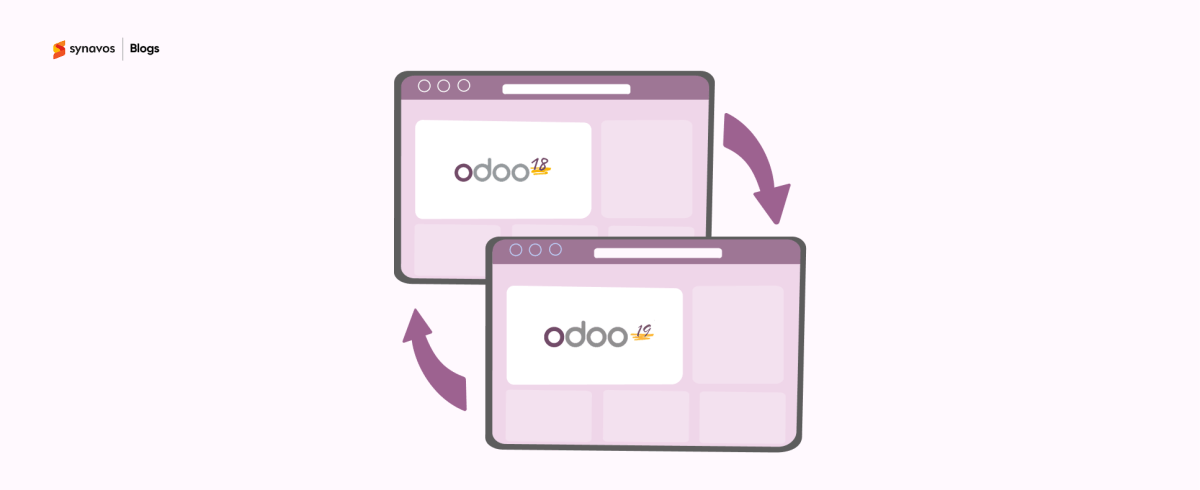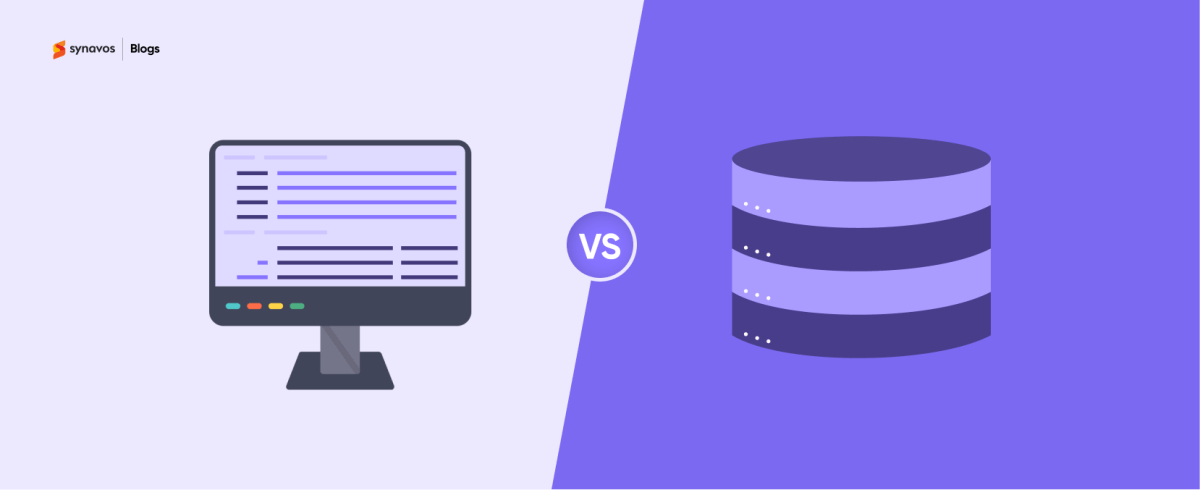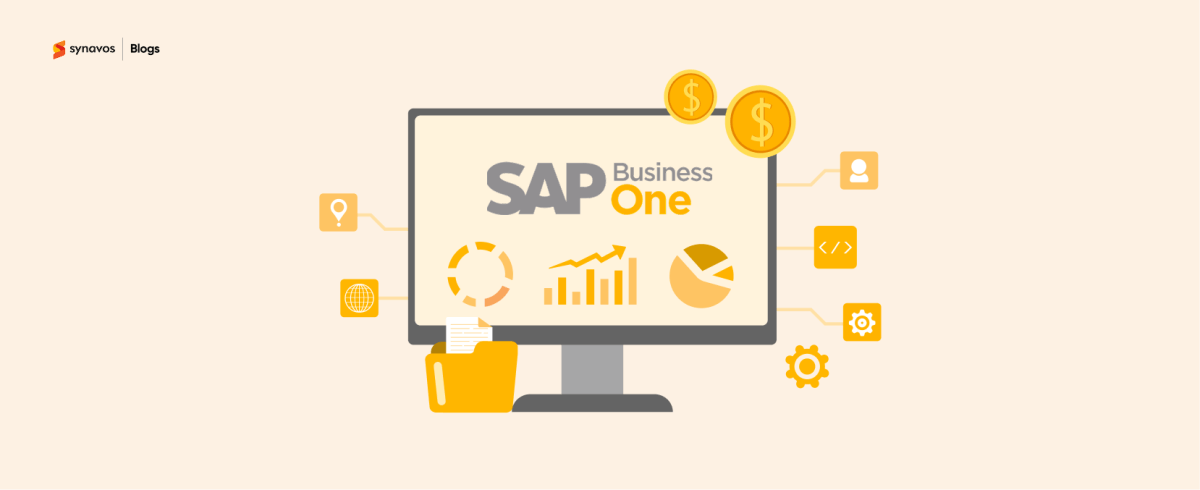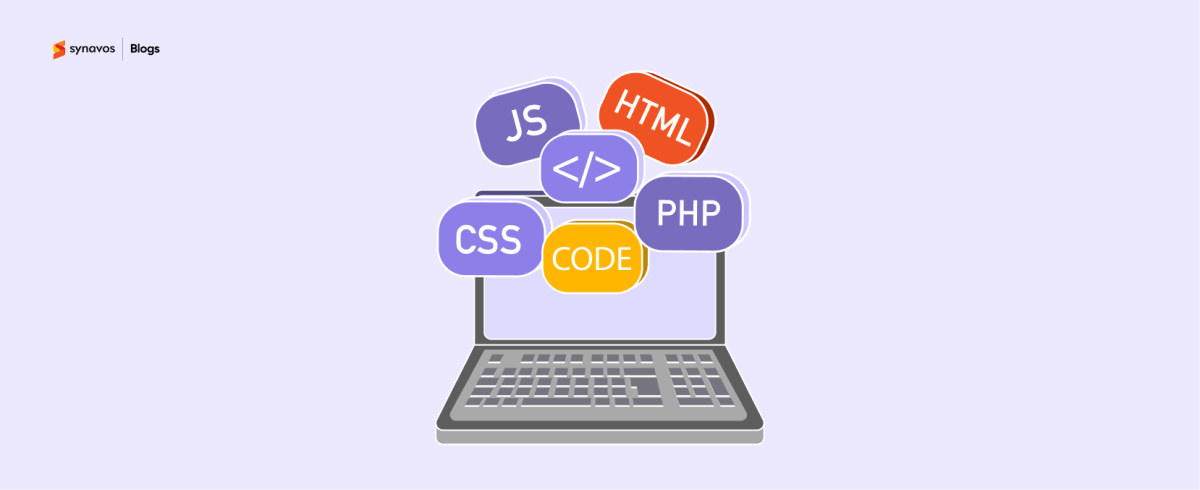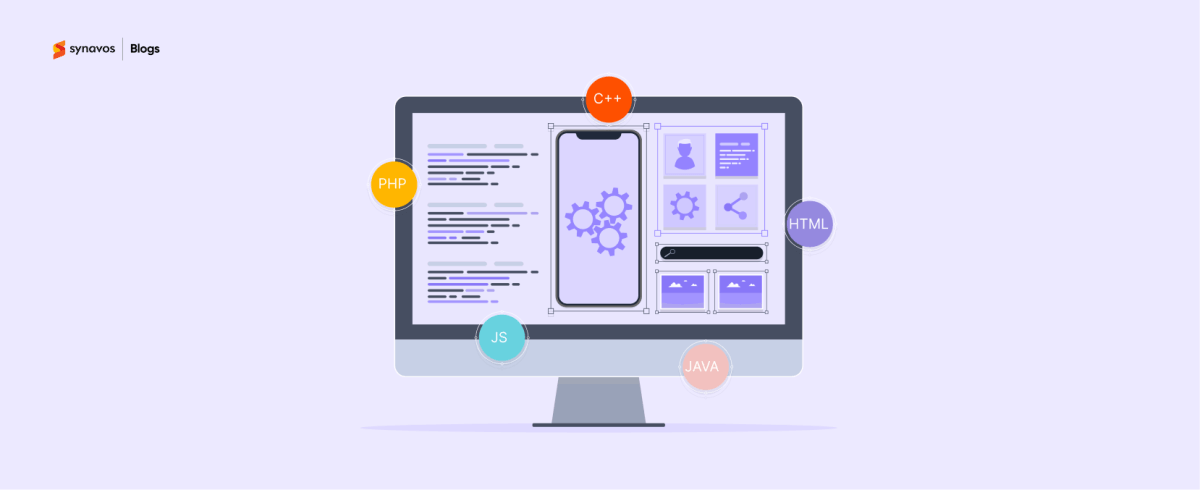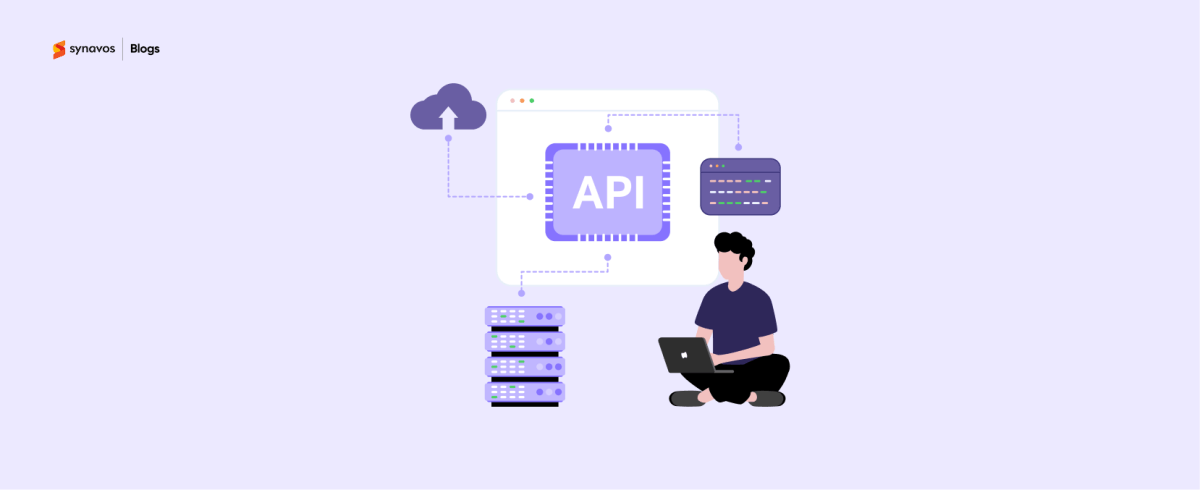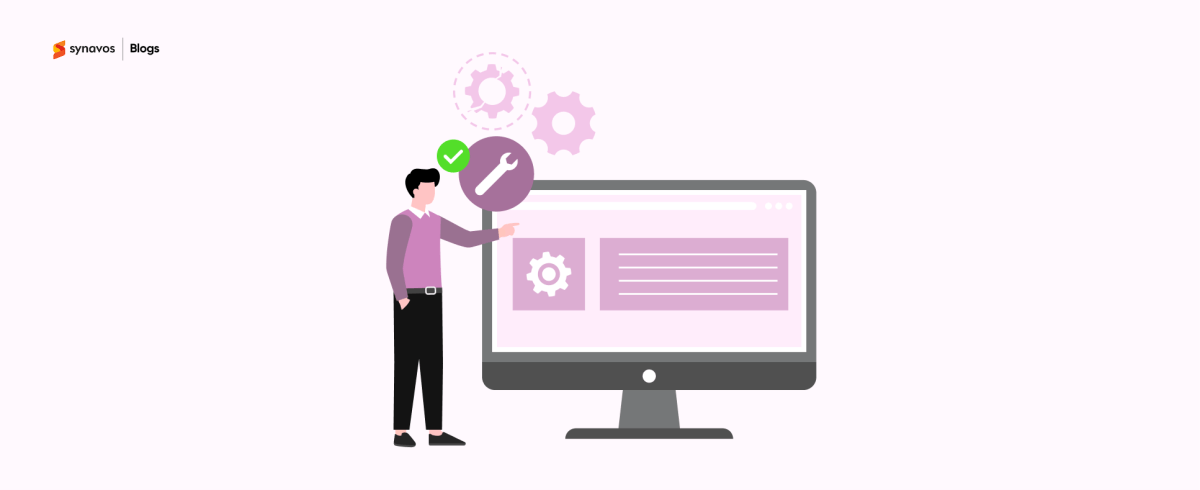Your company's Enterprise Resource Planning (ERP) system is the central nervous system of your operations. It manages critical data across departments, from inventory and sales to customer data and financial processes. However, over time, your ERP system may become outdated, inefficient, or inadequate, leading to a range of problems that can negatively impact your business.
Here are 10 crucial signs that your current ERP system might be holding you back, and it's time to consider ERP re-implementation:
Sign #1: Outdated Technology
One of the most obvious signs that your business needs an ERP system re-implementation is outdated technology. If your current ERP system is built on legacy technology that is no longer supported by the vendor or is incompatible with modern hardware and software, it's time to consider an upgrade. This is a crucial point where businesses often wonder, “Should we upgrade or re-implement?”
To make an informed decision, you can explore more on whether to upgrade or re-implement your ERP in our detailed guide.
Sign #2: Lack of Integration
Lack of integration between departments and systems is another clear indication that your business requires an ERP re-implementation.
If your employees are manually entering data into multiple systems or using spreadsheets to bridge the gap between applications, it's a sign that your ERP system is not effectively integrating your business processes. This lack of integration can lead to data inconsistencies, duplication of effort, and reduced productivity.
Sign #3: High Maintenance Costs
Research suggests that 46% of businesses choose ERP primarily for saving money. However, if you're spending a significant portion of your IT budget on maintaining your current ERP system, it may be more cost-effective to invest in a new, modern solution. Outdated systems often require more resources to keep them running, including hardware upgrades, software patches, and specialized IT staff.
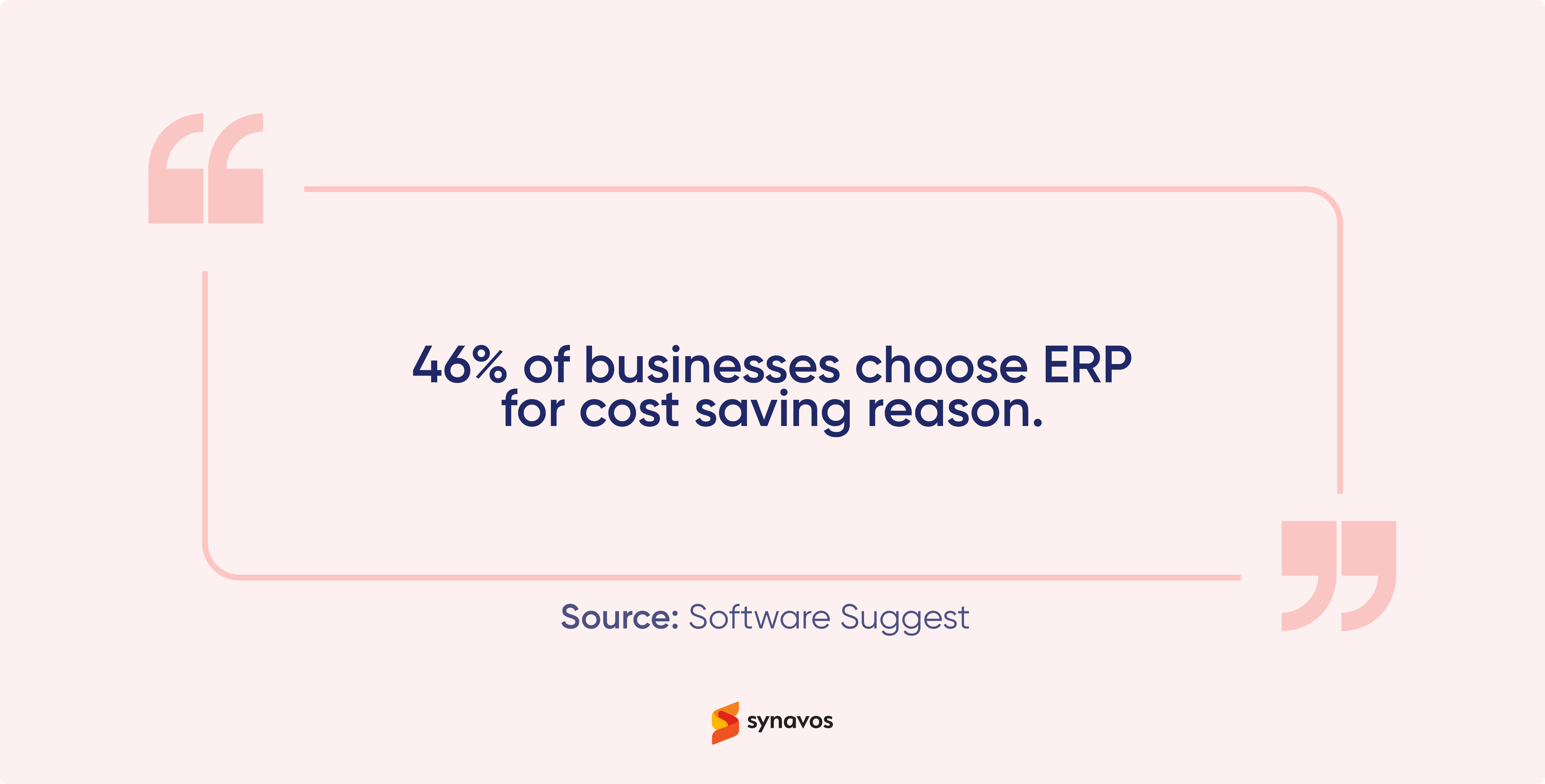
By re-implementing your ERP system with a cloud-based or low-maintenance solution, you can reduce your overall maintenance costs and free up resources for other strategic initiatives.
Sign #4: Inefficient Business Processes
The core function of an ERP is to streamline business processes. However, an outdated system often becomes a rigid framework, hindering agility and innovation. Workarounds and manual processes might become commonplace to compensate for the limitations of the system. This can lead to wasted time, reduced employee productivity, and ultimately, a higher cost of doing business.
When you re-implement your ERP system, you can streamline your processes, automate repetitive tasks, and improve overall efficiency. This is one of the key ways ERP re-implementation can benefit your business.
Sign #5: Vendor Support Issues
Are you experiencing issues with vendor support? Is the vendor unresponsive, unhelpful, or unable to resolve your issues? Vendor support is critical to the success of your ERP system. If the vendor is not providing adequate support, it can lead to delays, errors, and inefficiencies.
Moreover, if the vendor is no longer supporting your ERP system, it's time to consider re-implementation from a credible ERP partner . An experienced ERP partner provides timely, responsive, and effective support to ensure your ERP system is running smoothly and efficiently.
Sign #6: Customization Overload
While customizations can help tailor your ERP system to your unique business requirements, excessive customization can become a burden over time. If your current ERP system is heavily customized, it may be difficult to upgrade to newer versions or integrate with other applications.
Additionally, excessive customization can make your system more complex, harder to maintain, and more expensive to support. If you find yourself in this situation, it may be more cost-effective and efficient to re-implement your ERP system with a more flexible and configurable solution.
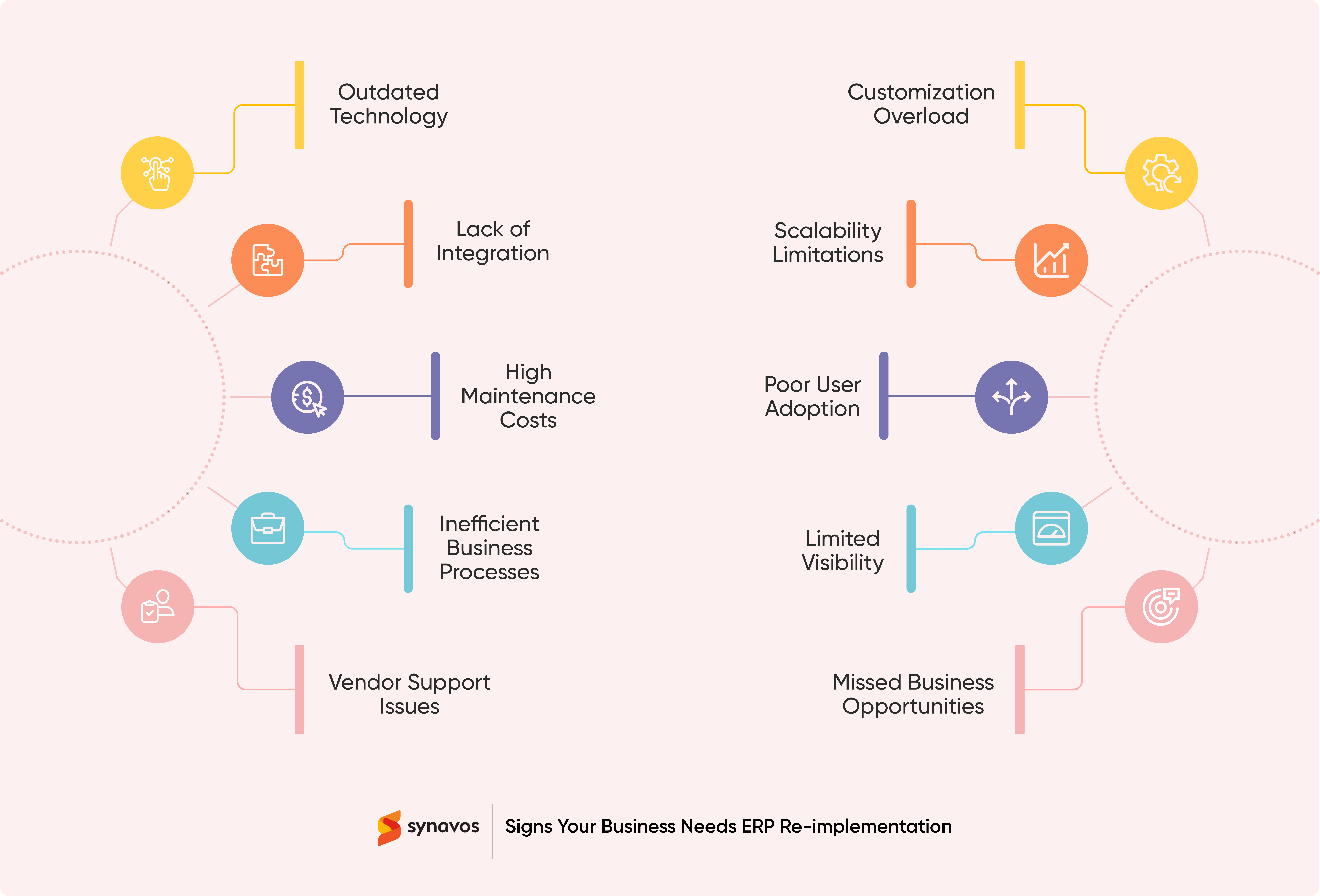
Sign #7: Scalability Limitations
As your business grows, your ERP system should be able to scale with you. If your current system is struggling to keep up with your increasing transaction volumes, user base, or data storage needs, it's a clear sign that you need an ERP re-implementation.
A modern, scalable ERP solution can accommodate your business's growth without compromising performance or requiring significant hardware investments.
Sign #8: Poor User Adoption
Even the most sophisticated ERP system is only as effective as its user adoption. If your employees are resistant to using your current system, find it difficult to operate, or prefer to use alternative methods to complete their tasks, it's a sign that your ERP system is not meeting their needs. Poor user adoption can lead to data inconsistencies, reduced productivity, and a lack of buy-in for future system enhancements.
By re-implementing your ERP system with a more user-friendly and intuitive solution, you can improve user adoption and ensure that your employees are fully leveraging the system's capabilities.
Sign #9: Limited Visibility
Limited visibility into your business operations is another sign that your ERP system may need re-implementation. If you struggle to generate real-time reports, access key performance indicators, or gain insights into your supply chain, financial performance, or customer behavior, it's likely that your current ERP system is not providing the level of visibility you need to make informed decisions.
A modern ERP solution can offer advanced reporting and analytics capabilities, empowering you to monitor your business's health, identify trends, and make data-driven decisions.
Sign #10: Missed Business Opportunities
The true measure of an ERP system is its ability to empower businesses to seize new opportunities and gain a competitive edge. An outdated system, however, might leave you lagging behind.
Without the agility and functionality of a modern ERP, your company might miss out on new market opportunities, struggle to integrate with industry-leading technologies, or fail to deliver the level of service or efficiency demanded by modern customers.
Get Your ERP System Re-implemented by Professionals
Spotting the signs that your ERP needs re-implementation is vital for keeping your business efficient and future-ready. Addressing these issues now can save you from bigger headaches down the line.
Ready to take the next step? Synavos is here to help. Reach out to our experts today for a seamless re-implementation of your ERP system.

